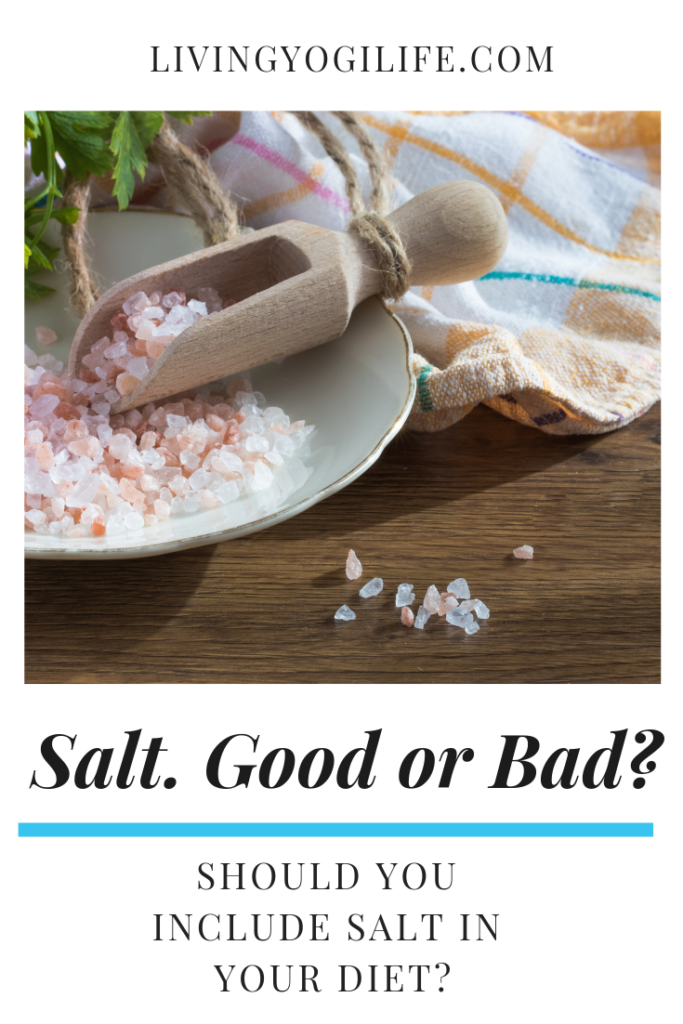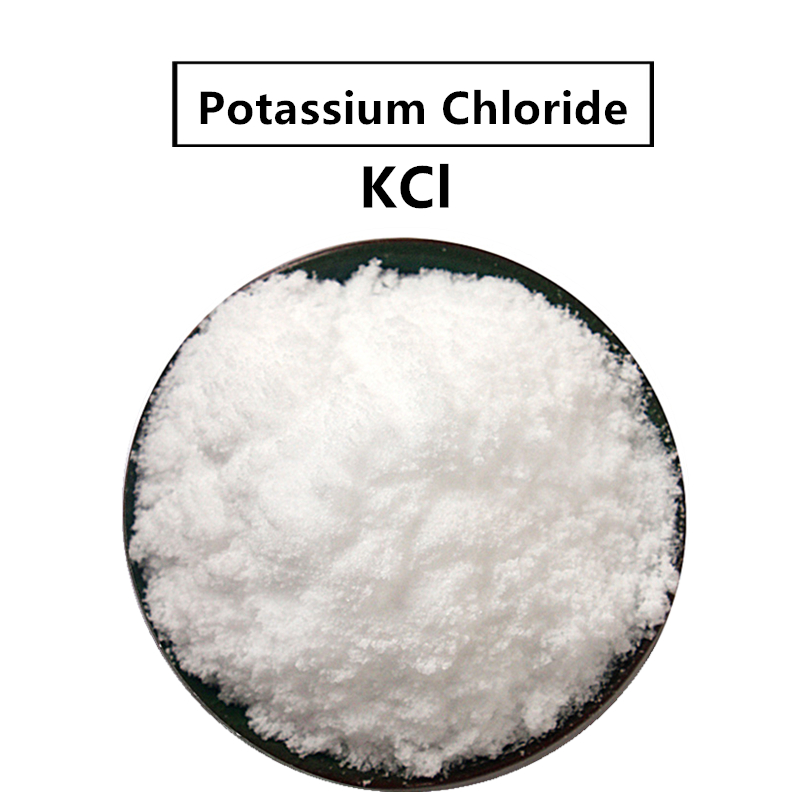
A Mediterranean diet is a lifestyle change that helps you lose weight and maintain a healthy heart. It contains more than a dozen different ingredients that are good for the heart, and it helps you live a longer and healthier life. Even though the diet is high in calories, it's also one of the most healthful. The best part? You can eat as much of this diet as you like, just make sure you are eating in the right amounts.
A Mediterranean diet is based on the idea that eating a diverse variety of foods is the best way to prevent heart disease. The diet includes plenty of fruits and vegetables, healthy fats, and red wine and poultry. The diet also encourages eating whole, nutrient-dense foods and limit processed, added sugars and sodium. It promotes healthy eating habits and a healthy lifestyle.

The Mediterranean diet does not contain much red meat. However, it does contain small amounts nuts and eggs. Research shows that eating these foods can lower your risk of heart disease by as much as 30%. Other benefits of the Mediterranean diet include reduced incidence of heart attack, stroke, and dementia. The Mediterranean diet review also reveals many other benefits. These foods can be incorporated into your daily diet to help you create a new lifestyle.
According to the American Heart Association, a review of Mediterranean diets shows many benefits for your health. It lowers your chance of developing hypertension or ischemic cardiac disease. This diet is particularly beneficial for people with diabetes. However, the Mediterranean diet may not be for everyone. For example, women should limit their intake of wine to one 5-ounce glass per day, while men should drink up to two glasses. Moderate dairy intake is another benefit of the Mediterranean diet. It provides a high-fiber diet that's full of nutrients and fiber.
The Mediterranean diet is also rich in fibre. Wholegrains provide more nutrition and fiber than white bread. The Mediterranean diet is low on fat but high in monounsaturated oil. This makes it less likely that it will cause heart disease. It also has lower levels of saturated fat and trans fat. In addition, a Mediterranean diet is rich in antioxidants.

The Mediterranean diet is high in antioxidants. Studies show that it lowers the risk of dementia, Alzheimer's disease, and stroke. Its antioxidants can also fight harmful freeradicals. The body can be protected from free radical damage through antioxidants in the Mediterranean Diet. This has been shown to reduce the risk of certain types of cancer and cardiovascular disease. This Mediterranean diet review will discuss how to make the most of the Mediterranean diet for diabetes.
FAQ
What is the best workout routine to build muscle?
You need to perform two types of exercises when building muscle mass. These include isolation exercises and compound movements. While isolating exercises target specific muscles, compound movements are designed to focus on multiple muscle groups at once.
Your best option to improve your fitness is to work out with exercises that challenge all your major muscle group. This ensures that each session is challenging.
MyFitnessPal can help you keep track of your activity. You can log everything, from calories burned to weight lifting. It also allows you to create meal plans customized for your goals.
Which dietary supplement can help you lose weight?
Weight loss requires diet and exercise. Some people find that certain supplements are helpful.
A few studies have suggested that omega-3 Fatty Acids might help weight loss. Omega-3s, essential fats, are critical for brain function and cell membrane health. They can be found in seafoods like salmon, tuna or shrimp, as well as cod liver oil.
Green tea is being studied for its potential benefits in weight loss. The antioxidants in green tea, catechins and other compounds may increase metabolism and promote weight loss.
What does milk do?
Think about other uses for milk next time you purchase it. You may also benefit from consuming less coffee.
Milk has been proven to be beneficial to both children and adults alike. Children get nutrients like vitamin D, calcium and potassium from milk.
It aids in digestion, strengthens bones, and promotes weight loss. The immune system is stronger and there are fewer illnesses in adults who consume dairy products.
Lactose is also a major component of milk, so those who are unable to digest it easily can still enjoy the benefits of this sugar without having stomach problems.
Consider drinking more milk, instead of sodas or juices. Your teeth and bones can be strengthened by drinking milk rich in vitamin D and calcium.
Plain low-fat milk can be used to make yogurt if you don’t like the taste. Yogurt, which is lower in calories but higher in protein, is a great option to milk.
Yogurt also contains probiotics, which aid in digestion and improve immunity.
If you're having trouble sleeping, try taking a glass of warm milk before bedtime. Warm milk can relax muscles and increase serotonin levels. This will help you sleep well.
How do you lose weight?
It is not easy to lose weight. Many people give up easily because they don't know what to do.
There are simple steps you can take in order to lose those extra pounds.
You must first ensure that you are consuming fewer calories than what you burn. If you eat more calories that you burn, you'll gain weight.
For all of those extra calories to be burned, it is important that you exercise regularly. You can choose from different types of exercises, including jogging, walking, cycling, dancing, etc.
Third, you need to stop drinking alcohol and smoking cigarettes. These habits make it more likely that you will consume more calories than you would normally.
Fourth, cut down on junk food and fatty foods. They can be replaced by healthier options, such as fruits and vegetables, lean meats or whole grains, legumes, seeds, beans, and nuts.
Fifth, you must change your lifestyle and adopt new habits. It is possible to wake up at 5 AM to go to work, or to be more active before you get to work.
Sixth, be disciplined and stick to your diet plan.
Finally, you have the option to join a gym and take part in an aerobics session to burn off those extra calories.
By following these simple tips, you will soon begin to notice results.
Is it true?
Protein helps maintain healthy bone and tissue. But consuming too much protein can lead to calcium excretion through urine. In turn, this can result in kidney stones.
It is important to keep in mind that not everyone will develop kidney stones if they consume more protein than 2 grams per kilogram (2.2lbs). High amounts of protein can be consumed by some people without causing kidney stones.
By being careful with your sodium intake, you can prevent kidney stones. Sodium regulates the water balance of the kidneys. A high level of sodium can increase the risk of developing kidney stone.
You can also reduce your intake of proteins if you develop kidney stones. Protein provides about half of the daily caloric needs for most adults. If you cut back on protein, you'll likely lose weight.
If you do decide to eat more protein, don't go overboard. Try to eat less than 20% protein in total calories.
How to build muscles quickly
It is important to eat healthy food and lift weights frequently in order to quickly build muscle.
Mornings are the best time to workout.
It is a good idea to do exercises like push-ups (pushes), bench presses (squats), and so on.
You can try different weight training methods and remember to drink lots of water throughout the day.
Is weightlifting more effective at burning fat?
Although weight lifting can help you lose fat more quickly, it is best to combine it with cardio exercises.
You should do weightlifting after your cardio workouts to maximize its benefits.
If done correctly, weightlifting can increase your heart rate and oxygen intake which in turn helps you lose weight.
You will not notice any changes in your body composition if you don’t combine it and cardio.
Statistics
- The PRS enabled risk stratification for overall prostate cancer and lethal disease with a four-fold difference between men in the highest and lowest quartiles (HR, 4.32; 95% confidence interval [CI], 3.16-5.89). (pubmed.ncbi.nlm.nih.gov)
- An estimated calorie range for moderately active adult males falls between 2,200 to 2,800 calories per day, depending on age. (eatright.org)
- Cardmembers earn 5% Back at Amazon.com with a Prime Credit Card. (amazon.com)
- 10 pounds in a month is likely during a lean bulking phase, especially for beginners. (muscleandstrength.com)
- By John Thompson Take a whopping 38% off a set of PowerBlock Pros. (menshealth.com)
External Links
How To
What nutrients does a person need every day?
Daily nutrition is essential for men's healthy growth. Vitamins, minerals, vitamins, nutrients, carbohydrates, fats and fiber are all essential for the body.
Specific nutrients are also required by the male body at different times during the day. Your body makes hormones, antibodies and enzymes when you are asleep. You use protein to build muscles and repair damaged tissue when you wake up.
Your body stores extra energy as glycogen and breaks down fat at night. Your body requires fewer calories, but still needs enough nutrients. You can have a snack at night if you feel hungry.
Working out requires adequate carbohydrate and protein intake. You may feel sore muscles if you exercise hard.
To prevent this, you must consume carbs and protein within 2 hours of training. Your body will use stored glycogen to produce glucose for energy.
You must also eat protein right after you finish your workouts. This prevents muscle tissue loss that happens while you sleep.
During periods of intense physical activity, your body produces lactic acid. Lactic acid builds up in the bloodstream and causes fatigue. You can avoid this by eating carbohydrates-rich foods like fruits and veggies.
Carbohydrates offer your body the energy it needs for recovery from exercise.
Your diet may include lean meats like fish, eggs, milk cheese, yogurt or beans as well as lean proteins such as fish, eggs, egg yolks, cheese, yogurt, bean, peanuts and seeds.
These foods all contain high-quality proteins. Protein promotes muscle growth and repairs damaged tissues. Protein is also necessary for the production of sex hormones such as testosterone.
For healthy skin, hair and joints, it is important to eat enough fats. Healthy men need between 20% and 35% of their total caloric intake from fat.
Fat helps keep your heart strong and protects against cancer. It keeps your brain healthy and functioning well.
Most of the fat you need can be obtained from vegetable oils, including sunflower oil (or soybean oil), peanut oil, peanut oil, soybean oil, and peanut oil.
These oils are high-in monounsaturated, unsaturated fatty acid (MUFAs). MUFAs help lower cholesterol and reduce inflammation. They also protect your cells from damage caused by free radicals.
Saturated oils (SFAs), found primarily in animal products such meats, dairy products and butter, are known to raise LDL ("bad") cholesterol. SFAs increase LDL ("bad") cholesterol, and increase triglycerides. They are also good for weight loss and belly fat.
Polyunsaturated fats (PUFAs) are found in plant-based sources like vegetable oils, nuts, seeds, and grains. PUFAs help improve cardiovascular function, and lower inflammation. They also help control blood sugar and cholesterol.
Erectile dysfunction can often be a problem for men who have low HDL ("good") levels of cholesterol. The consumption of saturated fats raises bad cholesterol which in turn lowers good cholesterol.
Men who eat a lot of red meat or pork develop prostate problems because they contain large amounts of nitrates. When heated, nitrates are converted to nitrosamines. These compounds can cause cancer.
Most processed meats have nitrites and harmful chemicals. Avoid them.
According to the American Heart Association, you should limit your consumption of red meat to no more that 2 meals per week. Instead, choose poultry, fish, legumes, tofu, whole grain bread, and cereals.